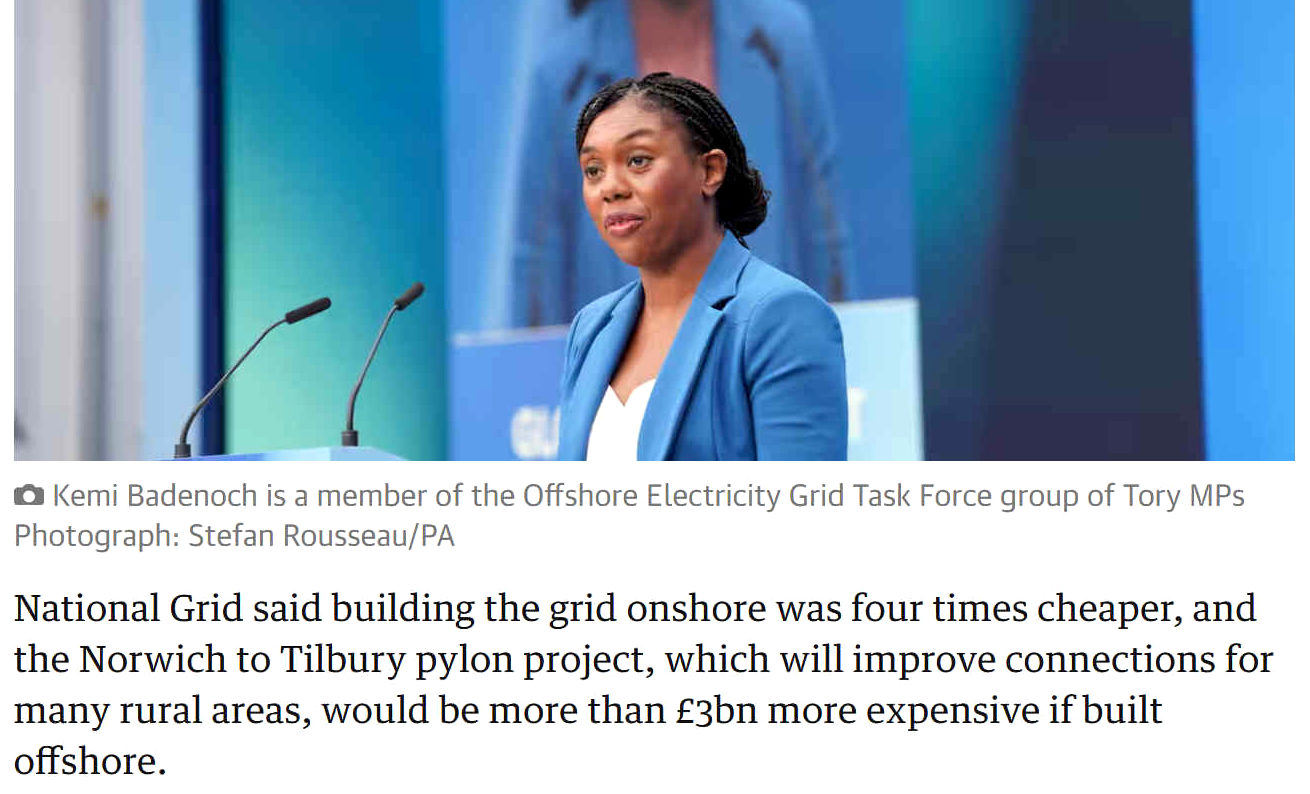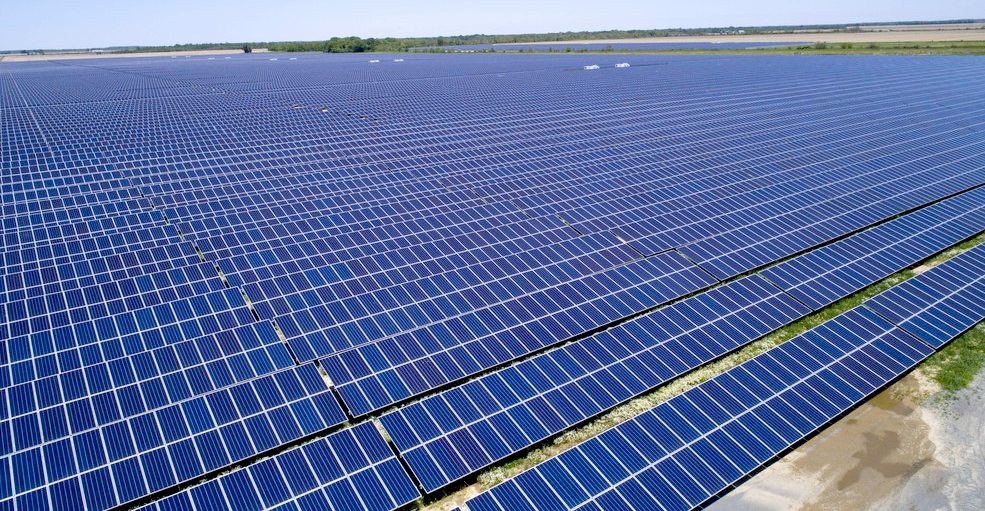|
E U E L E C T R I C I T Y P R I C E S
Please use our A-Z to navigate this site where page links may lead to other sites, or see HOME
|
|
|
There is an abundance of clean, renewable, wind and solar energy that can produce green hydrogen and electricity to charge vehicle batteries, but there is no transport infrastructure to support rapid energy exchanges, refuel hydrogen vehicles and load level.
Electricity should be cheaply available to all, as a basic human right. As per Sustainability Development Goal 7. It is the duty of every government to strive to achieve affordable energy for their administrative geographical region. Profits should not come into the frame, where it introduces energy poverty, or financial slavery.
ELECTRICITY
PRICES IN EUROPE 8. Spain: Ä0.2890 per kWh (EU average price) 9. Germany: Ä0.4125 per kWh (average household price) 10. Romania: Ä0.4199 per kWh (average household price)
These prices do not include a sometimes exorbitant standing charges, in the UK being between £0.40 - 0.54 pence per day. It's a extra tax on low energy users, who pay more pro-rata.
PROFITEERING & MORALS
You may be asking why people should profit from energy and is that legal? Mostly, energy companies have shareholders who derive an income based on share dividends. Sometimes those energy companies would rather they grab a nice profit for themselves, rather than invest in renewables and infrastructure (storage), to make electricity cheaper for their customers. If this is happening in your region, it is because politicians are allowing it to continue. Whereas, policy changes, as statutory requirements - making it law, could force suppliers to invest first, with dividends later. Provided that a good level of investment has been made. Otherwise, suppliers, and of course the infrastructure network (in the UK Power Networks) should lose their franchise.
THE CASE FOR NATIONALIZATION
The alternative is nationalization, where there are no dividends or shareholders to leach off a captive market. Then, the matter of procurement fraud may rise to the surface as something to keep an eye open for. As in tender bids and transparent tendering. A State operated Grid, Power Storage, and State operated Power Stations, Solar and Wind Farms, would seem to be the only way that SDG7 might be complied with.
AUSTRALASIAN ELECTRICITY PRICES CHINESE ELECTRICITY PRICES MIDDLE EASTERN ELECTRICITY PRICES NORTH AMERICAN ELECTRICITY PRICES (USA) SOUTH
AMERICAN ELECTRICITY
PRICES
ELECTRICITY PRICES UNITED KINGDOM
As
you may imagine, if you are running a business that uses lots of energy.
Location is an important factor in remaining competitive. Industry could be
based near the Sahara desert, where massive solar installations make sense.
And yet, there is little by way of industrial activity. Africa, is thus a
blossoming energy market. Recognised in both the EGYPES
and ADIPEC
energy shows. With many other events concentrating on renewables like green hydrogen
and electrolyzers.
As of June 2023, the price of electricity in Sudan is remarkably low. Here are the details:
Again, these prices include all components of the electricity bill. Kyrgyzstanís low electricity prices contribute to its energy affordability for both households and businesses. However, itís essential to understand the context behind these prices.
Subsidies: Governments in these countries may provide subsidies to keep electricity prices affordable for citizens. These subsidies can help mitigate the cost of power generation.
Economic Factors: Economic conditions, currency exchange rates, and overall development levels influence energy prices. Lower costs of production and distribution can contribute to lower prices.
Historical Context: Historical energy policies and infrastructure investments play a role. For example, Kyrgyzstan has a long-standing tradition of hydropower development.
Maybe, it's time for change? To allow the people, to take back control of their energy prices. We cannot help but make a reference to Financial Slavery at this point. Because, high food and energy prices lead to food poverty and energy poverty. Kicking in other UN SDGs: 1, 2, 3 and 10, 11, 12.
https://earth-planet.org/ https://www.chathamhouse.org/2024/02/labours-ditched-ps28-billion-climate-pledge-sends-wrong-message-uk-cop-energy-commitments https://labour.org.uk/updates/press-releases/labour-sets-out-plan-to-rewire-britain-and-build-the-clean-energy-grid-the-country-needs/ https://www.theguardian.com/environment/2023/nov/30/labour-vows-to-rewire-britain-as-pylon-plans-spark-row-in-tory-party
Please use our A-Z INDEX to navigate this site
This website is provided on a free basis to promote zero emission transport from renewable energy in Europe and Internationally. Copyright © Universal Smart Batteries and Climate Change Trust 2024. Solar Studios, BN271RF, United Kingdom.
|



